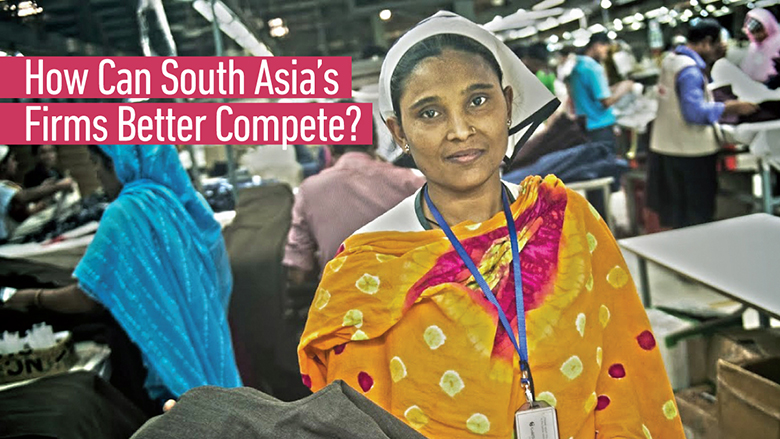
South Asia is hot on the heels of East Asia to become the world’s next middle-income region. But to catch its neighbors, South Asia and its firms – especially in industries such as light manufacturing, auto and agribusiness - will need to compete on a global scale. This event highlights South Asian countries with great potential for improving the region's competitiveness. Global thought leaders, business leaders and policy makers will share best practices from the region and discuss challenges unique to South Asian businesses.